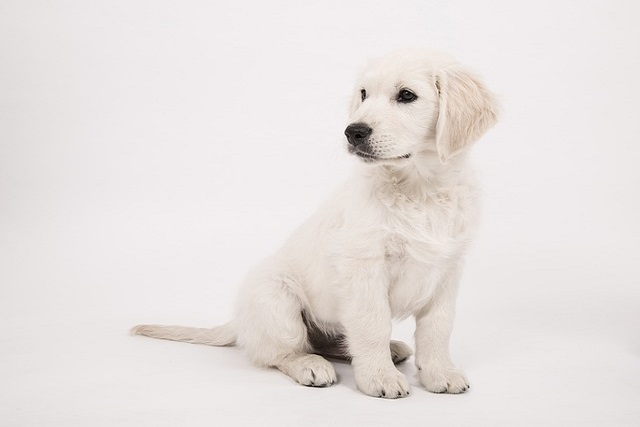
Do vets recommend sunscreen for dogs
In the sun - soaked backyards of California, the sandy beaches of Australia, and the picturesque parks across Europe, dogs frolic under the open sky.
In the dog world, parvovirus is like a ruthless "killer", which worries many pet owners. When talking about this terrible virus, people often think that puppies are more vulnerable. But a question that cannot be ignored quietly emerges: Do adult dogs carry parvovirus? This question is like a haze shrouding the hearts of dog lovers, and we are eager to find out the truth. Parvovirus, the full name of which is canine parvovirus (CPV), is a highly contagious virus that is extremely harmful to the health of dogs. It mainly attacks the gastrointestinal tract and immune system of dogs, causing a series of serious symptoms such as severe vomiting, diarrhea, loss of appetite, and mental depression. Because the immune system of puppies is not fully developed, once they are infected with parvovirus, their condition often deteriorates rapidly, and the mortality rate remains high, which also makes people pay special attention to the infection of parvovirus in puppies. However, adult dogs are not free from worry in this virus crisis.
In theory, adult dogs may carry parvovirus. Although the immune system of adult dogs is more mature and powerful than that of puppies, this does not mean that they can completely resist the invasion of parvovirus. When adult dogs come into contact with an environment contaminated by parvovirus, such as feces, vomit, water, food, etc. containing the virus, the virus may enter their bodies through the mouth, nose, etc. Once the virus enters the body, the immune system of adult dogs begins to fight fiercely with it. In some cases, the immune system of adult dogs can successfully identify and eliminate the virus, so that it does not show obvious clinical symptoms and becomes an asymptomatic carrier.
However, this asymptomatic carrier state is extremely hidden and is often easily overlooked by the owner. A seemingly healthy and lively adult dog may have been infected with parvovirus unknowingly, and in daily activities, it spreads the virus to the surrounding environment through feces, urine and other excrement. For example, in a pet park in a community, an adult dog accidentally touched the ground contaminated by parvovirus while playing, and then walked around and sniffed in the park, bringing the virus to every corner. Other dogs, especially puppies, who come to the park to play are very likely to be infected with parvovirus once they come into contact with these contaminated areas. This seemingly inadvertent transmission may pose a huge health risk to other dogs.
 So, what factors increase the risk of adult dogs carrying parvovirus? First of all, adult dogs who have not been vaccinated on time are undoubtedly at high risk. Vaccines are one of the most effective means to prevent parvovirus infection. Through vaccination, the dog's immune system can recognize the virus in advance and produce corresponding antibodies, so that it has resistance when it is actually exposed to the virus. If an adult dog has never been vaccinated, or the vaccination is not timely and complete, its immune system is like an unarmed soldier. When facing the attack of parvovirus, it has no power to fight back and is very easy to be infected and become a virus carrier.
So, what factors increase the risk of adult dogs carrying parvovirus? First of all, adult dogs who have not been vaccinated on time are undoubtedly at high risk. Vaccines are one of the most effective means to prevent parvovirus infection. Through vaccination, the dog's immune system can recognize the virus in advance and produce corresponding antibodies, so that it has resistance when it is actually exposed to the virus. If an adult dog has never been vaccinated, or the vaccination is not timely and complete, its immune system is like an unarmed soldier. When facing the attack of parvovirus, it has no power to fight back and is very easy to be infected and become a virus carrier.
Secondly, the sanitation of the living environment is also crucial. If adult dogs live in an environment with poor sanitation and incomplete disinfection, such as long-term activities in places where stray animals gather, or if there are multiple pets at home, but the cleaning and disinfection work is not in place, then their chances of being exposed to parvovirus will be greatly increased. In such an environment, the virus can survive for a long time on the surface of objects, on the ground, and in the air, threatening the health of dogs at all times.
In addition, some special circumstances may also weaken the immunity of adult dogs, making them more susceptible to parvovirus infection and becoming carriers. For example, after experiencing major illnesses, surgeries, and stress reactions (such as long-distance transportation, changing living environments, etc.), adult dogs are in a weak state and the function of the immune system will be affected to a certain extent. At this time, even viruses that can be easily resisted at ordinary times may take advantage of the opportunity to enter and cause infection.
When we realize that adult dogs are at risk of carrying parvovirus, how can we prevent it? On the one hand, we must ensure that adult dogs are vaccinated on time. Take your dog to the pet hospital for vaccination regularly every year, and choose the appropriate vaccine brand and vaccination plan according to the advice of the veterinarian. Vaccination is not only responsible for your own dog, but also a guardian of the health of the entire dog group. On the other hand, we must pay attention to the cleaning and disinfection of the living environment. Regularly clean and disinfect the dog's living area, such as dog kennels, toys, food bowls, etc., and use special pet disinfectants to eliminate potential viruses. At the same time, try to avoid letting adult dogs go to places with poor hygiene and stray animals to reduce the chance of contact with the virus.
The fact that adult dogs can carry parvovirus reminds every pet owner that they should not slack off on the health of their dogs. Whether they are puppies or adult dogs, we need to take good care of them and create a safe and healthy living environment for them. Every time we pay attention to the health of dogs and every preventive measure we take, it contains our deep love for dogs. Let us work together to build a solid health defense line for dogs, keep them away from the threat of parvovirus, grow happily in the sun, and accompany us through one wonderful time after another.

In the sun - soaked backyards of California, the sandy beaches of Australia, and the picturesque parks across Europe, dogs frolic under the open sky.
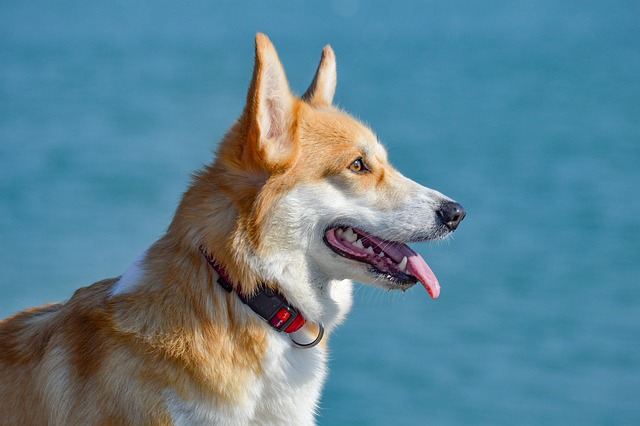
Picture your dog lounging belly-up in the backyard or trotting alongside you on a coastal hike – that sunshine feels glorious

If you’ve ever found yourself staring at your dog’s nails, clippers in hand, and wondering whether to clip them wet or dry, you’re not alone.
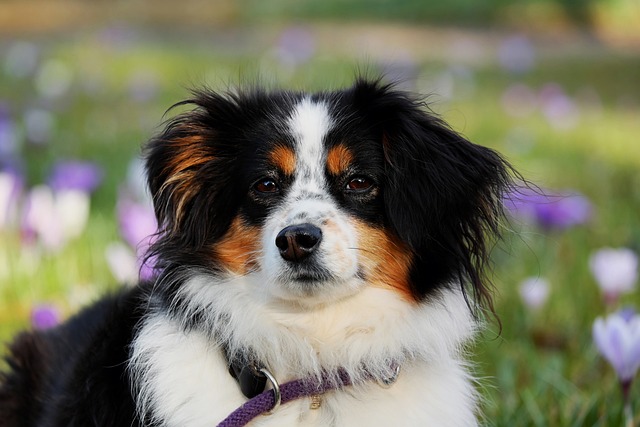
If you share your home with a Labrador Retriever, you’re likely no stranger to fur-coated floors, tumbleweeds of undercoat drifting across your kitchen
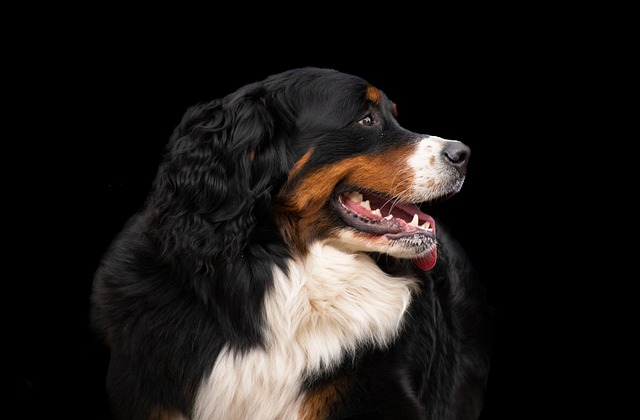
Ever come home feeling like the weight of the world’s on your shoulders, only to have a furry ball of excitement greet you at the door? That’s just the start of how dogs work their magic on our mental health.
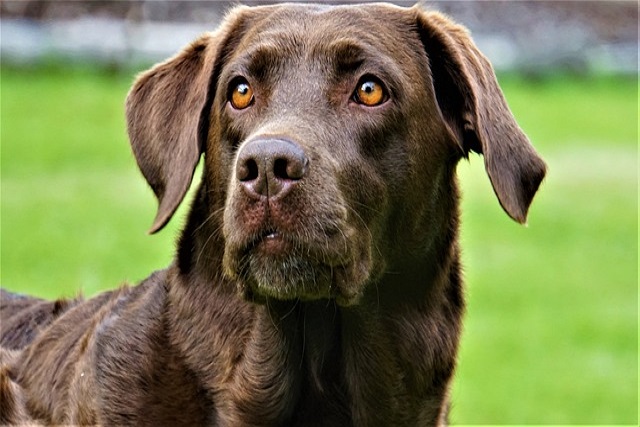
Picture this: it’s bath time for your pup, and you’re fresh out of dog shampoo. As you reach for your own coconut-scented shower gel